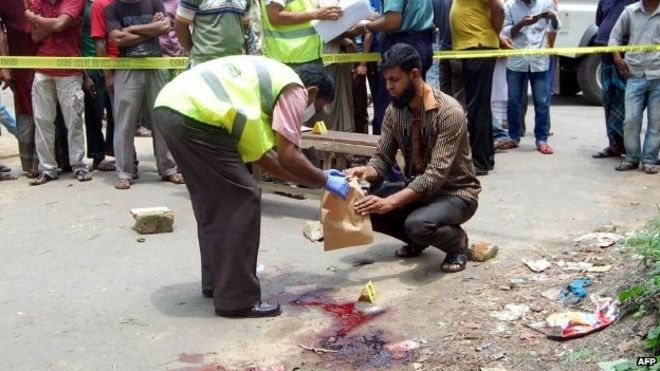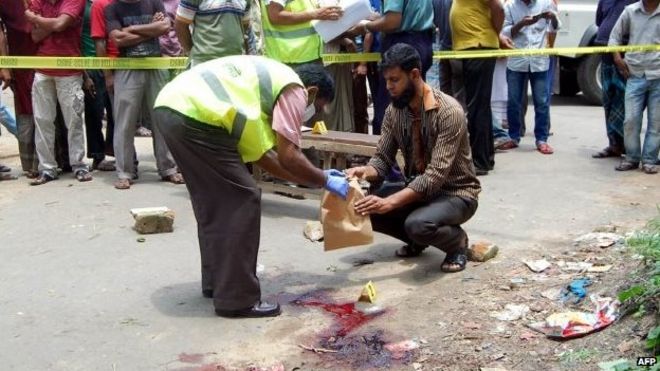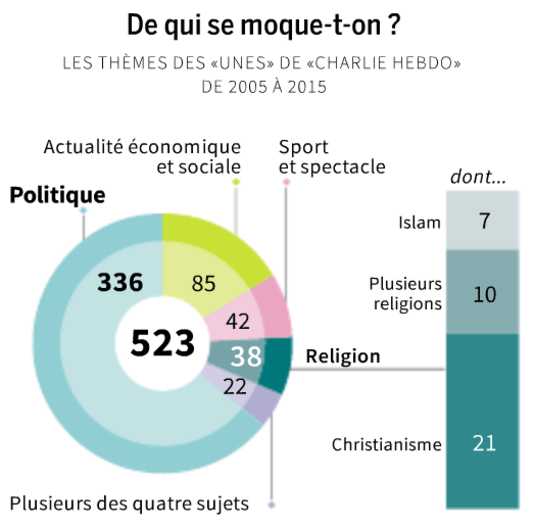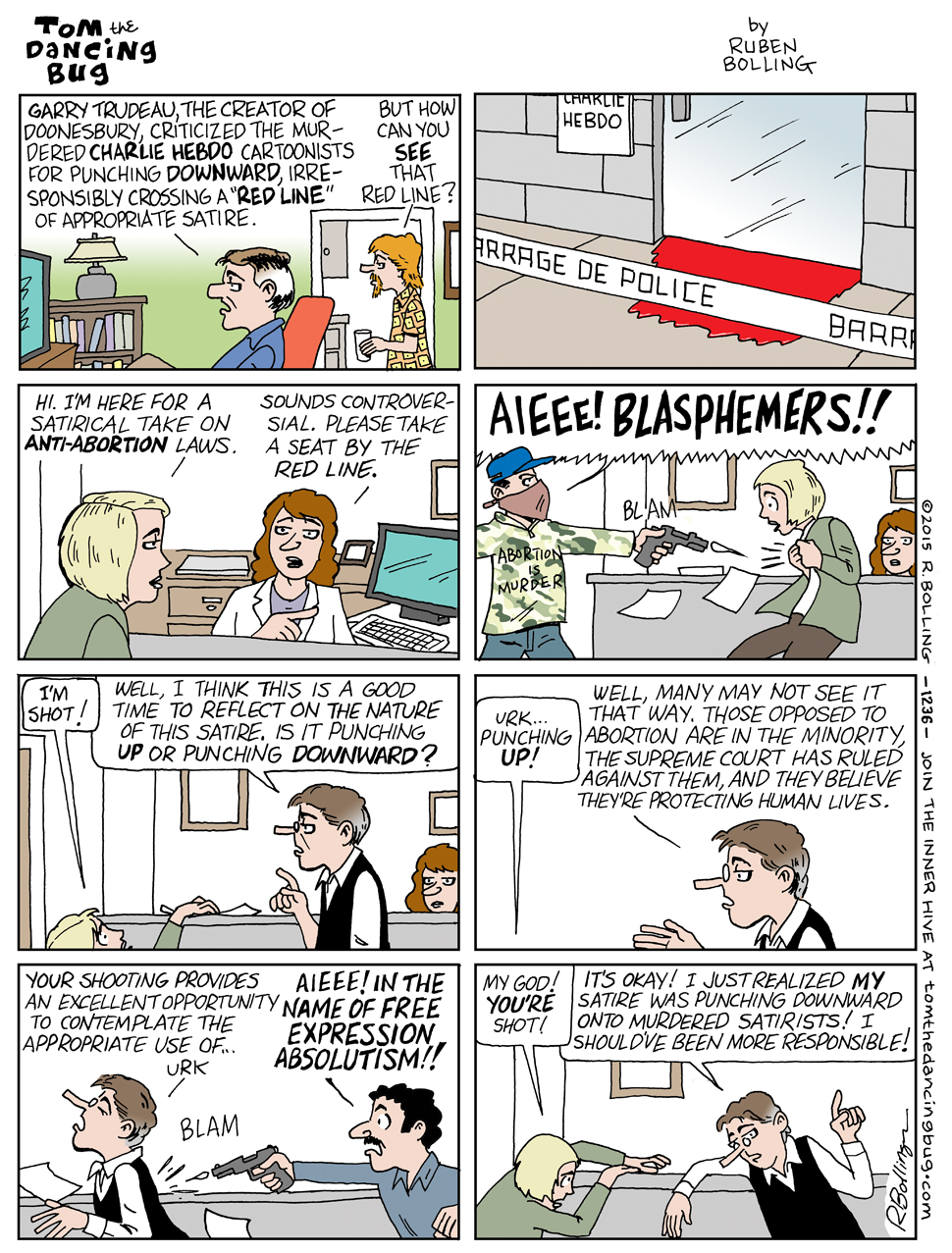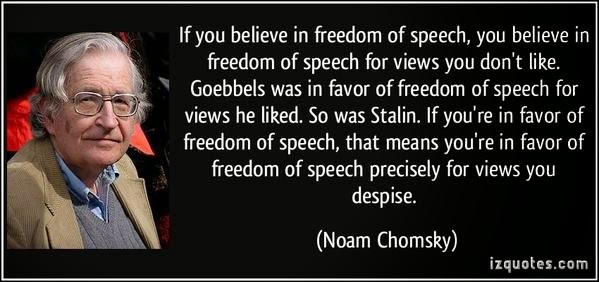Many Ismaili families from Gujrat moved to Karachi after partition. They became part of a prosperous, hard-working community. They kept a low profile. As in any community, everyone could not be rich enough to buy large houses next to the Bhuttos and Zardaris in Clifton. Some of them therefore bought land on the outskirts of town, where it was cheap, and built a housing society there and called it Al-Azhar Gardens.

People moved in 8 years ago and as is the tradition in this particular community, they maintained their colony exceptionally well. Almost everything was available right there. Proud residents boasted about the well designed housing, the community facilities, the cleanliness, the security.
But you still have to get to town to work and go to school and so on. So they ran a shuttle bus service.
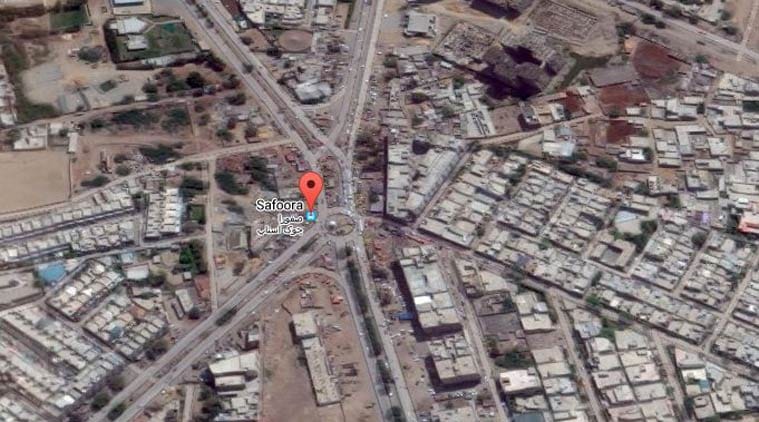
Today, the shuttle left Al-Azhar Gardens with 60 or so people on board. Someone else got on at Safoora Chowrangi. Armed men stopped the bus and using 9 mm pistols, systematically shot dead women and children, one by one, at close range. It is said that a few children were spared, or survived by hiding. Or something. The dead include women and the elderly.
Imagine the scene in the bus. The mind boggles, does it not?


Who did it? Jundullah (and/or the Islamic State, they are one and the same in any case and these days the name IS will sell better), a well known anti-shia group with a long history in Karachi (including a history of getting people out of police custody in mysteriously easy escapes) has claimed responsibility.


Not to be left behind, Mubasher Lucman, Pakistan’s most popular “paknationalist” anchor has blamed the Indian “Relatives and Wives Wing” (otherwise known as RAW) for the attack.
Most people seem to take Jundullah/IS at face value, with their history of dragging Shias off buses and shooting them in the head. But there are those who blame MQM (supposedly operating on the instructions of RAW and Mossad). But whoever did it (I tend to go with Jundullah, but cannot claim to know for sure, so we will leave it at that), someone stopped a bus at a major crossing, calmly shot 60 people (43 of them now dead) and walked away without getting caught (and without any fear of getting caught). That does not look good. Not good at all.
We may soon hear that this is Pakistan’s 9-11. Unlike Amrika, Pakistan is rich in 9-11s. It depends on how you count. Using the standard formula of 1 Sunni Punjabi=3 Shias= 5 FATA Pakhtoons there have been at least nineteen 9-11s till now (more if you start counting poor people as humans, but that would be just too much). Unfortunately, I am afraid there may be more in the days to come.
The Prime minister has condemned it. He has also “ordered the police to arrest the culprits”. I am not kidding. He actually ordered the police to arrest the culprits!
More to the point, the army chief has called up the Aga Khan and said he will use his iron hand at the earliest opportunity. Coalitions support funds may have been mentioned. Life goes on.
Before I am accused of cynicism, let me paint two (fictional) scenarios. Which one is more likely?
1. General X has figured out that Pakistan’s policy of nurtuting Jihadist terrorists as force-multipliers against India has blown up in its face. He wants to change things root and branch. Not just the Kashmir Jihad and strategic depth (a direct consequence of that jihad), but the whole shebang. Mufti Naeem and his ilk will be terminated with maximum prejudice. All training camps will be shut down. All militants will be reformed or terminated (with the same maximum prejudice). India will be offered a deal: Lets both stop using this kind of terrorism for any reason and settle all future disputes via negotiation or all out war, like civilized countries. No more shooting of random people sleeping on the platform at Chatrapati Shivaji Railway terminus. But General X realizes that 50 years of Islamic-Paknationalist education has prepared a generation of morons who cannot be told the whole truth without having their heads explode. So General X is going to lie, deceive, dissimulate and detour his way to a future TNT-free Pakistan. Sometimes his public actions will appear contradictory. Sometimes he will have to make up all sorts of bullshit about RAW and Mossad to get his way. He will do what has to be done. But in the end, we will have a defanged Pakistan where every poor man’s son (or daughter) has the chance to become a toll-collector on the Pak-China-Economic-Corridor. Then, our problems will be no different from those of Thailand or Phillipines (both of whom have some Islamist terrorists, but the government are not in bed with them). And so on…
2. General Y has figured out nothing but even he can see that something has to be done. Ismailis have been killed in cold blood and the Aga Khan is on the phone. Next the damn American ambassador will call and before night falls he will even have to pretend to have a meeting with the prime minister. He is pissed off. He promises to deal with everyone with an iron hand. He sends general Z to see the big boss in the Pentagon and General Z reports that the Pentagon is pretty pissed off too. Block E/F F-16s will not be free. Loans will have to arranged and then paid back at 27% compound interest by fleecing the patriotic people of Pakistan. But all is not lost. Brigadier April Glaspie does seem to have hinted that a transfer of mujahideen into IOK would probably be OK with the US. Or at least, that is what General Z gathered from the conversation. He also met the Chinese ambassador, who served the best halal dimsum in Islamabad and nodded and smiled through most of the dinner. General Z reports that all seemed higher than Himalayas and deeper than the Indian ocean, though his excellency Sun Weidong did become a little stern after that last shot of Mai Tai and said something like “we hope the fraternal people of Pakistan will do whatever is necessary to establish good public order”. But mostly he smiled. Not for lack of language skills. The man speaks perfect English and Urdu (and our man in the embassy reports, also some Punjabi) but most of the time, he just doesn’t speak. One hopes for the best.
All the corpse commanders nod their heads at these words of wisdom from General Z. The bearer brings in the tea and Peak Freans biscuits. Iron hands are waved around. All will be well.
Which (fictional) scenario sounds more plausible?
It started with the Kashmir Jihad (which started back in 1947, so Zia is not the only culprit). That jihad is the gift that keeps on giving. Everytime one of the foot soldiers in these massacres is caught (sometimes, they are. In fact, we even had Malik Ishaq in custody for a while), it turns out that they either went to a Kashmir Jihad training camp or were trained by people who got their start in the glorious Kashmir Jihad. Strategic depth. Where would we be without it?
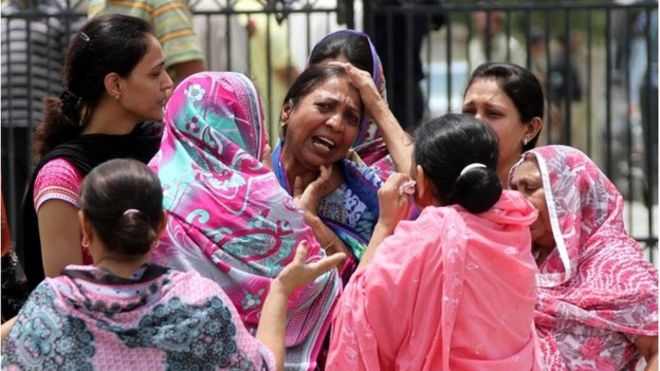
For more on Shia-killing in Pakistan, see here.
btw, here is something I wrote four years ago. See the halva story at the end to understand what the PPP government in Sindh is doing. In fact, since people don’t like to click through, I will paste that four year old article here too. Try to figure out what has changed and what has not.
Pakistan: The End Of The Affair (June 11 2011)
- “The imperialists” are unlikely to leave as soon as imagined. This alone puts the whole strategy in question because as in Kargil, there seems to be no plan for the possibility that the “enemy” may not do what we expect it to do.
- “Our side” is unlikely to win all of Afghanistan even if the Western imperialists leave according to our timetable. Given the opposing interests of many regional powers, that struggle is likely to be even more prolonged and bloody than the last attempt to fill the Afghan vacuum.
- “Blowback” from this war will be worse than the blowback from the current confused operation. The Taliban refused to cooperate with us against anti-Shia terrorists even in the good old days of the nineties. This time around, they will be much more difficult to control. We cannot even control the current (relatively small) Islamic Emirate of Waziristan. To imagine that we will control the much larger and more fractious Islamic emirate of the future seems to be a pipe dream.
- Any exit of the imperialists and return of the Taliban will inevitably be followed by a house-cleaning of Western “fellow travellers” in Pakistan. That cleansing may not be on the army’s immediate agenda, but pressure to Islamize Pakistan will be hard to resist once the Islamists are winning. The establishment may then find it expedient to try and get rid of the ANP, Pakistani liberals and other riff-raff that the army has tolerated in the Sulah e Hudaybia phase. Naturally the Americans will respond with retaliatory measures of their own and a liberal efflux will have some modest but detectable negative impact on the economy and the state; the final outcome, in a weak and fractious state, may not even be up to North Korean standard.
Good Night and Good Bye.
